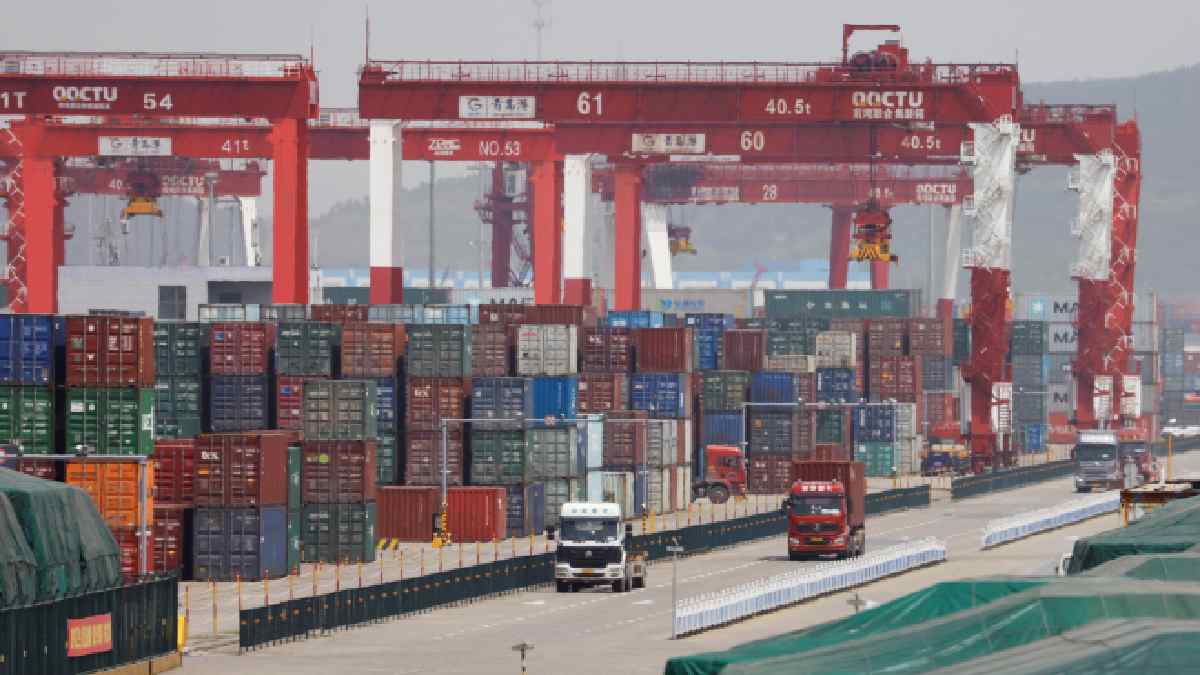China’s economic growth: China’s recent economic slump is raising concerns worldwide, as the country was expected to contribute a significant portion of global economic growth this year. The decline in China’s economic activity has triggered worries among policymakers globally, as it has led to reduced imports of various goods, including construction materials and electronics.
Companies like Caterpillar Inc. have noted that the demand for construction machinery in China has dropped more than anticipated. US President Joe Biden has described these economic challenges as a “ticking time bomb.”
The impact of China’s economic downturn is reverberating across global financial markets. Investors have withdrawn over $10 billion from Chinese stock markets, primarily affecting blue-chip stocks. Financial giants like Goldman Sachs and Morgan Stanley have lowered their forecasts for Chinese equities, with Goldman Sachs also highlighting potential spillover risks to other regions.
Asian economies and African nations are particularly feeling the brunt of the trade disruption caused by China’s economic slowdown. Japan, for instance, reported a decline in exports – the first in over two years – due to reduced Chinese purchases of cars and semiconductor chips. Central banks in South Korea and Thailand have revised their growth projections downward, citing China’s weak recovery as a factor.
However, the situation is not entirely bleak. China’s economic deceleration is contributing to lower global oil prices, and the country’s deflationary pressures are causing prices of internationally shipped goods to decrease. This deflationary trend can benefit countries like the US and UK, which are grappling with high inflation rates.
Certain emerging markets, such as India, perceive opportunities amid China’s economic challenges. They are hopeful of attracting foreign investment that might be leaving China. Nonetheless, as the world’s second-largest economy, an extended slowdown in China’s growth would have negative implications for the rest of the world. The International Monetary Fund’s analysis indicates that when China’s growth rate increases by 1 percentage point, global expansion receives a 0.3 percentage point boost.
While the deflationary effect in China might not be entirely detrimental to the global economy, experts warn that if China’s weakness contributes to a recession in other major economies like the US and Europe, it could pose a significant problem for the entire global economic landscape.
Numerous countries, particularly those in Asia, heavily rely on China as their primary export market for various goods, spanning from electronics and food to metals and energy resources. Chinese imports have faced a decline for most of the past ten months, as demand has retraced from the exceptional highs witnessed during the pandemic. In July, the value of shipments from regions including Africa, Asia, and North America was lower compared to the same period a year earlier.










